Vestibo Tablet 24 Mg
Vestibo Tablet 24 Mg, a medication containing Betahistine Dihydrochloride as its active ingredient, plays a crucial role in addressing the vexing symptoms of Meniere’s disease. This article delves into the nuances of Vestibo, shedding light on its uses, mechanisms, dosage, side effects, precautions, and the evolving landscape of research.
| Dosage form | |
|---|---|
| Pack size | |
| Potency | 24 Mg |
| Manufacturer | |
| Origin | |
| Generic Name (Ingredient) | Betahistine Dihydrochloride 24 Mg |
Assuming your emergency circumstances for this product, visit Urgent Quotation page. Besides, for any pharmaceutical questions, please ask us in the comments section.
Description
Meniere’s disease, a complex inner ear disorder, manifests with a disorienting array of symptoms, including dizziness, nausea, vertigo (characterized by a spinning sensation), tinnitus (ringing in the ears), and hearing loss. Vestibo Tablet 24 Mg steps in as a beacon of hope for individuals grappling with this challenging condition.
Ingredients
Vestibo Tablet 24 Mg’s primary constituent is Betahistine Dihydrochloride, the very substance responsible for its therapeutic effects. For a more detailed understanding, it is advisable to seek counsel from a healthcare professional.
Mechanism of Action
Betahistine Dihydrochloride operates as a skilled conductor in the brain’s balance center, orchestrating a symphony of reduced signals that quell dizziness. It functions as a potent histamine-3 (H3) receptor antagonist and may also have vasodilatory properties. This dual action is believed to mitigate fluid buildup in the inner ear, reducing both the frequency and severity of Meniere’s disease symptoms.
Dosage and Administration
The appropriate dosage of Betahistine Dihydrochloride can vary based on the individual’s response and the severity of their symptoms. Typically, it is administered three times a day, with intervals of 6 to 8 hours between doses. Patience is paramount, as it may take a few weeks to discern improvements. To ensure tolerance and effectiveness, taking the tablets with or after meals is advisable.
Vestibo Side Effects
Common side effects associated with Betahistine Dihydrochloride include mild complaints like headaches, nausea, or indigestion, which tend to be short-lived. It’s important to adhere to the prescribed regimen, and if a dose is missed, simply skip it and resume the regular schedule. Doubling up is not recommended.
Precautions
Before embarking on a Betahistine Dihydrochloride regimen, certain precautions must be observed:
- Allergies: Avoid this medication if allergic to betahistine or any of its components.
- Pheochromocytoma: Individuals with a tumor of the adrenal gland known as pheochromocytoma should abstain from using Vestibo.
- Gastrointestinal Concerns: If you have a stomach or duodenal ulcer, it’s wise to discuss its implications with your healthcare provider.
- Bronchial Asthma: Patients with bronchial asthma may require close monitoring while on Vestibo.
Ongoing Research
The ever-evolving landscape of medical research continues to explore Betahistine’s impact on various facets of health. In vitro studies have indicated its non-toxicity at prescribed doses in a nasal epithelial cell line. Furthermore, research has probed its effects on various cell lines, revealing potential inhibitory effects on cell proliferation and the induction of apoptosis.
Additionally, investigations into the use of Betahistine Dihydrochloride in positional nystagmus have provided intriguing insights. While it appears to extend the duration of nystagmus in benign paroxysmal positional vertigo (BPPV), it seems to leave other parameters of nystagmus unaffected.
Benefits
Vestibo Tablet 24 Mg’s star player, Betahistine Dihydrochloride, addresses the symptoms of Meniere’s disease with precision:
- Efficacious Treatment: Meniere’s sufferers find respite as Betahistine orchestrates a reduction in debilitating symptoms.
- Relief from the Trio: The triumvirate of dizziness, nausea, and vertigo is tamed, offering enhanced quality of life.
- Tinnitus Troubles: Ringing in the ears takes a back seat, contributing to a sense of auditory calm.
- Preserving Hearing: Betahistine’s action helps safeguard precious hearing abilities.
Concluding Note
Vestibo Tablet 24 Mg, with Betahistine Dihydrochloride at its core, emerges as a valuable ally in the battle against Meniere’s disease. As the research landscape evolves and new insights emerge, it is essential to consult with healthcare professionals for the most accurate and up-to-date information. This article serves as a compass, guiding you through the intricacies of Vestibo, but your healthcare provider remains the ultimate navigator in this journey to improved well-being.
Disclaimer: Please be aware that this information is intended for general informational purposes. Always consult with a healthcare professional or pharmacist for personalized and precise advice on medications.
In summary, here’s a quick reference table for key aspects of Vestibo Tablet 24 Mg:
| Aspect | Details |
|---|---|
| Generic Name | Vestibo Tablet 24 Mg |
| Primary Use | Treatment of Meniere’s disease |
| Active Ingredient | Betahistine Dihydrochloride |
| Mechanism of Action | Reduction of signals in the brain’s balance center, alleviating dizziness |
| Common Side Effects | Mild and transient, including headaches, nausea, and indigestion |
| Dosage and Frequency | Typically taken three times a day, with intervals of 6 to 8 hours between doses |
| Precautions | Allergies, pheochromocytoma, gastrointestinal concerns, bronchial asthma |
| Ongoing Research | Exploring its effects on cell lines and its impact on positional nystagmus in BPPV |
| Benefits | Effective treatment, symptom relief, tinnitus management, hearing preservation |
Use the form below to report an error
Please answer the questions as thoroughly and accurately as possible. Your answers will help us better understand what kind of mistakes happen, why and where they happen, and in the end the purpose is to build a better archive to guide researchers and professionals around the world.
The information on this page is not intended to be a substitute for professional medical advice, diagnosis, or treatment. always seek the advice for your physician or another qualified health provider with any questions you may have regarding a medical condition. Always remember to
- Ask your own doctor for medical advice.
- Names, brands, and dosage may differ between countries.
- When not feeling well, or experiencing side effects always contact your own doctor.
Cyberchondria
The truth is that when we’re sick, or worried about getting sick, the internet won’t help.
According to Wikipedia, cyberchondria is a mental disorder consisting in the desire to independently make a diagnosis based on the symptoms of diseases described on Internet sites.
Why you can't look for symptoms on the Internet
If diagnoses could be made simply from a textbook or an article on a website, we would all be doctors and treat ourselves. Nothing can replace the experience and knowledge of specially trained people. As in any field, in medicine there are unscrupulous specialists, differences of opinion, inaccurate diagnoses and incorrect test results.

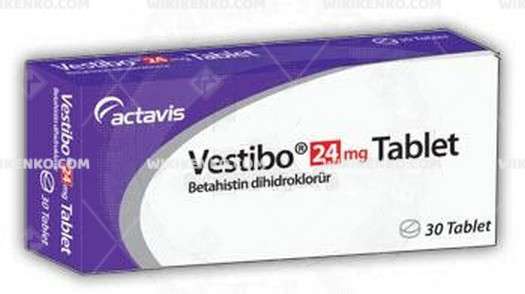
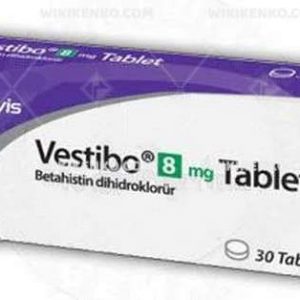
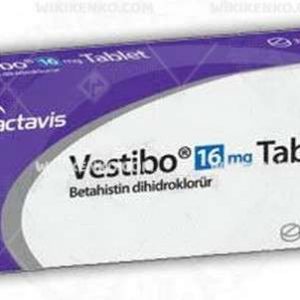
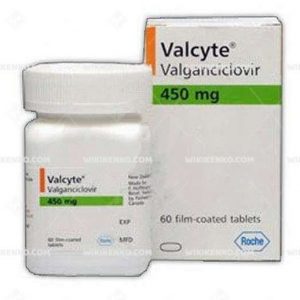

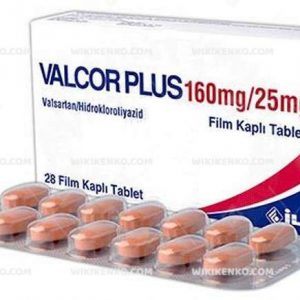
Reviews
There are no reviews yet.